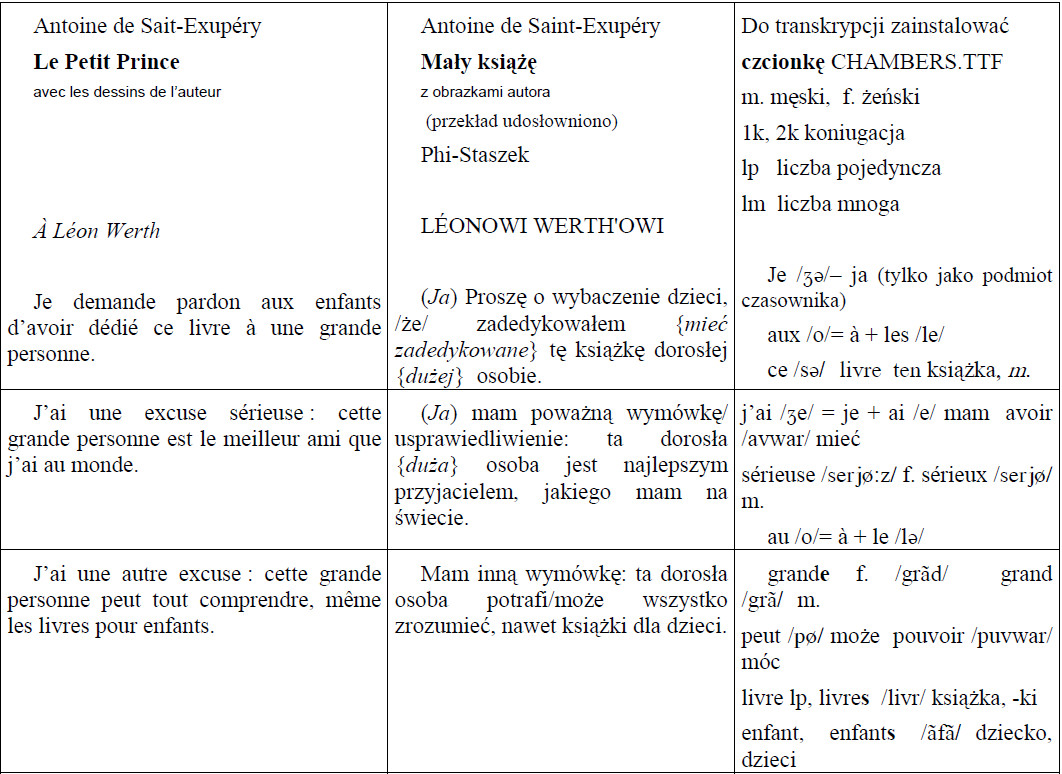Cainntear wrote:That's not particularly useful, particularly given the title. That's not "avoiding" translating, it's stopping translating, so sadly the article overall only serves to confuse the reader.
Touché! Precisely.
Cainntear wrote:So we all know that symbols evoke our first language
This I'll quibble with. Research is finally confirming that a significant proportion of us
don't generally think in words. Whatever language I'm going to speak in, even English (N), I need to pause to find words for my thoughts. So it's not hard for me to suppress English when attaching a different language to pictures or mental images. (The numbers
do indeed want to pop into English though, for the reasons we discussed in the numbers thread elsewhere).
Cainntear wrote:Really, the problem hear isn't whether you use the L1 orthography or the pictogram to represent the word, it's overpractising isolated words and phrases. you can't get variety without a deliberately designed course.
This point you make often, and I don't necessarily agree, or else I need you to elaborate more, as I apparently don't understand. My problem with courses is exactly that they all seem to overpractice a limited set of patterns, so I end up needing to compare courses to find alternative wordings of the same concepts/situations, to help me understand how that particular language can "flex". I can see why courses are designed that way to avoid confusing more naive/first time language learners, it just doesn't help me.
I'm the one who always ended up buying a few alternate textbooks (cheap, used, previous editions) to get different angles of view on whatever they were trying to teaching, from math to languages to political science, because otherwise I have too many unresolved questions hampering my working memory. I generally need to work things out from a completely different angle to resolve these.
Cainntear wrote:It's only when we are faced with tasks where we have to apply the rules quickly and on the fly to generate novel utterances that we learn to stop translating, because it's just not efficient. But precious few courses or learning materials force us to do this -- and this is one of the things I always admired about the Michel Thomas course: you never said the same thing twice and you never knew what was coming next, so you had to build up the sentence from component parts. Yes, you did that by translation, but I never felt it taught me "to translate" -- rather, it taught me how to produce sentences.
OK, now
this makes me want to check out Michel Thomas. Thank you!


